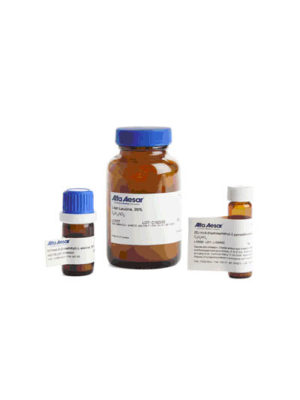Sulfones

Sulfones
Sulfones are a class of sulfur containing chemical compounds bearing a sulfonyl (-SO2-) functional group that are attached to two carbon atoms, in which the sulfur is hexavalent. Sulfones have gained considerable importance in organic synthesis because they can form stabilized carbanions that are useful intermediates in organic reactions. Sulfones have been used in the synthesis of alkenes via the well-known Julia olefination and Ramberg B¯cklund Reaction.
Sulfolane, an industrially useful sulfone, is produced on a large scale and finds use as a solvent to extract valuable aromatic compounds from petroleum. In the field of Engineering Plastics, polymers bearing sulfones, which are made from precursor sulfones, for example, from bisphenol S and 4,4′-dichlorodiphenyl sulfone, have gained prominence as they exhibit high strength and resistance to oxidation, corrosion, and high temperatures. These polymers may sometimes be used as substitutes for copper, for example, in domestic hot water plumbing. Sulfone based electrolytes for high voltage lithium ion batteries is a fast emerging area of research. Sulfones are used in controlling the growth of fungi, algae and other microbes in the water system including, but not limited to, waste disposal systems, pulp and paper water systems, oil extraction systems and other industrial settings. In the field of pharmaceuticals, sulfones have long been used to treat diseases particularly leprosy and tuberculosis.


